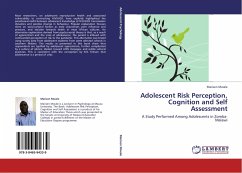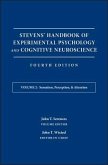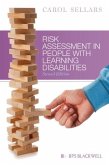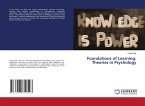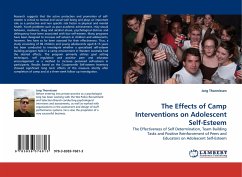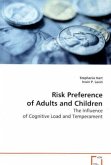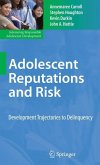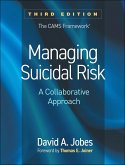Most researchers, on adolescent reproductive health and associated vulnerability to contracting HIV/AIDS, have explicitly highlighted the paradoxical misfit between adolescent knowledge of HIV/AIDS transmission dynamics and positive change in behaviour. Popular explanation focuses more on socio-cultural factors as male chauvinism, peer influence and pressure, and stoicism towards death in most African cultures. An alternative explanation derived from psycho-social theory is that, as a result of egocentrism and the crisis at adolescence, the period is imbued with confounded perception of risk to the pandemic. This alternative was tested using survey data from adolescent students from some selected schools in southern Malawi. The results as presented in this book show that respondents are typified by adolescent egocentrism, further complicated by a culture of silence, disdain toward AIDS messages, and subtle cultural practices. This is consistent with the conception by Erik Eriksonthat adolescence is a period of crisis.
Bitte wählen Sie Ihr Anliegen aus.
Rechnungen
Retourenschein anfordern
Bestellstatus
Storno

